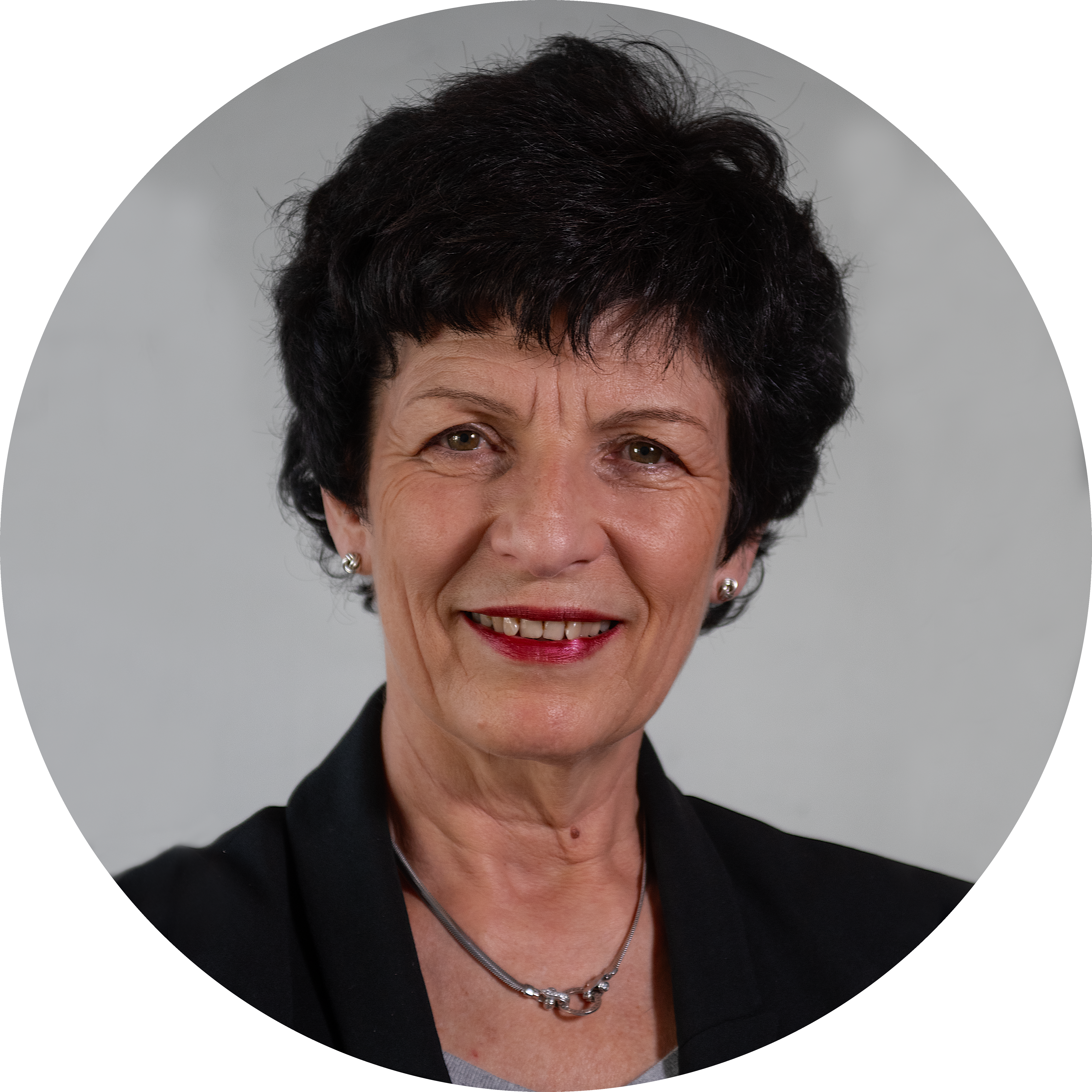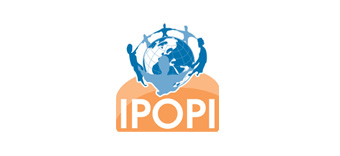October 9, 2023
From the President’s desk

Is it because we had a fascinating Global Stakeholders Summit where experts discussed the future of the PID environment for the ten coming years? Is it because we are ardently working on the pieces of regulation provided by the European Commission on Substances of Human Origins (SoHOs) and on the Pharma legislation? Is it because we had a successful IPOPI-ASID meeting in Morocco and are preparing for the same kind, back-to-back with the LASID congress in Mexico? Or because we want to give all parents the chance to get their newborn screened for SCID and receive timely treatment? For these reasons and many others, a word summarises the alpha and omega of all these aspects: “Access”. Access to treatments that exist, and to what the future promises to offer. Obviously, this is key in IPOPI’s vision: providing the patients we represent access to timely diagnosis and personalised treatment, globally. It’s nothing new.
In fact, the evolution of our field is accelerating when it comes to diagnosis and treatment. Patient organisations get empowered – by the way we just welcomed our 71st member, Algeria – and they network and share more than ever. Their expectations are growing as quickly as their awareness and knowledge of this environment. More and more possibilities are actionable, but does this really translate into improvement for patients? Certainly! But not for everyone, not everywhere, and I am not only thinking about low-and middle-income countries. Even if not at the same level, discrepancies and inequities of access are everywhere. This is due to differences existing between the most important cities and more remote areas in the same country; the lack of awareness of these conditions; to the lack of medical specialists; due to regulatory complexity or even barriers; due to health systems struggling to face innovation, notably Advanced Therapy Medicinal Products (ATMPs).
What we need is that findings from the researcher’s bench result in accurate diagnosis, efficient and sustainable treatment, and improvement of the quality of life for the patients. We are fortunate to live at a time when several revolutions are taking place, genomics, artificial intelligence, robotics, nanotechnologies… They are opening doors and perspectives that we would never believe possible some decades ago. These revolutions also question the current systems in place: ways for medicine development, regulatory processes, cost coverage, and the place of the patients in the disease pathway. Chronicity is also changing the paradigm of healthcare, and rare or even ultra-rare diseases question the models developed for more prevalent diseases, mainly for adults. So, our common challenge is to translate availability into delivery.
Every stakeholder is conscious of the necessary move that this new world imposes, but none of us will find a solution alone. We need, all together, to imagine new perspectives to tackle the barriers to access and offer efficient and sustainable answers. No doubt that we will need, more than ever, round tables where everyone will have to cooperate in an open, transparent and respectful way, all focused on what matters and on what, at least, we all agree on, which is to provide patients in need the diagnosis, prophylaxis, vaccines and treatments that exist, as well as anticipate game changers, to ensure that they are not only available but affordable and … accessible.
Martine Pergent
IPOPI President
